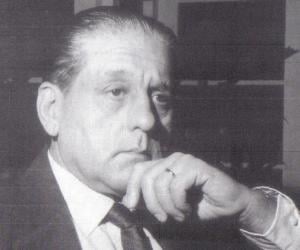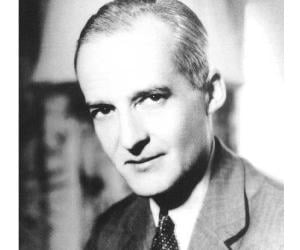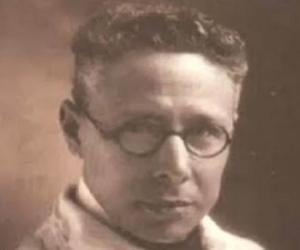René Gerónimo Favaloro was an Argentine educator and cardiac surgeon. He is best remembered for his work on coronary artery bypass surgery. Favaloro is credited with establishing the Favaloro Foundation in an attempt to emulate Cleveland Clinic. He is also credited with founding the Basic Investigation Laboratory, which was financed with his own money.
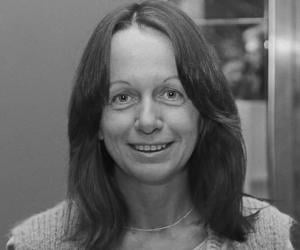
Born to German-Jewish immigrants in Argentina, Esther Vilar studied medicine before she moved to Germany to study psychology and sociology. After taking up scores of odd jobs, she soared to international fame with her bestselling book The Manipulated Man, which argues that women aren’t oppressed but control men in relationships.
Luis Federico Leloir was an Argentine biochemist and physician whose discovery of metabolic pathways in lactose earned him the prestigious Nobel Prize in Chemistry in 1970. His research into renal hypertension, carbohydrate metabolism, and sugar nucleotides has led to progress in understanding and treating galactosemia. During his career, he won many awards, such as the Legion of Honour.
Best remembered for his fight against American trypanosomiasis, Salvador Mazza had to face governmental apathy as well as active resistance from powerful quarters while carrying on his research. Yet, he continued with his mission, setting up his first laboratory in a railway car in Argentina’s underdeveloped north, eventually forcing the South American medical community to accept the validity of trypanosomiasis.
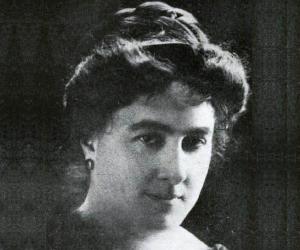
Paulina Luisi was an Argentine-born Uruguayan feminist remembered for leading the feminist movement in Uruguay. The first woman from Uruguay to earn a medical degree in the country, Luisi represented Uruguay in conferences around the world and was much respected for her efforts that won Uruguayan women the right to vote. Luisi was also one of the first Uruguayan gynaecologists.
